Banning Awami League and its wings under anti-terrorism law is a landmark political decapitation
In an unprecedented development on May 12, 2025, the interim regime of Bangladesh, led by Muhammad Yunus as Chief Adviser, has officially banned the Awami League and all its affiliated bodies, including the Jubo League (youth wing) and Chhatra League (student wing). The move, formalized through a sweeping government order issued by the Ministry of Home Affairs, cites multiple sections of the Anti-Terrorism Act, 2009 (amended in 2013) as the legal basis for this extraordinary political action.
The notification, marked SRO No. 137 Act/2025, invokes Section 18(1) of the Act, which empowers the government to proscribe any organization involved in promoting acts of terrorism, extremism, or serious threats to public order. According to the circular, the banned organizations have been implicated in an extensive list of activities including “unlawful force, intimidation, arson, abduction, murder, arms possession, extortion, and subversive propaganda”.
The interim regime has accused the former ruling party and its auxiliaries of systematically violating the nation’s constitutional order. The Ministry’s statement reads: “These actions have consistently violated the country’s constitutional provisions, incited unrest, and undermined state institutions”. It further notes that police and intelligence agencies have been authorized to monitor for any continuation of the banned groups’ activities under alternative names or through associated civil society platforms, digital campaigns, or NGO networks.
A landmark political decapitation
The decision effectively amounts to an act of internal political decapitation—unheard of in the country’s post-independence history. While Bangladesh has previously seen parties being sidelined or their leaders imprisoned, a blanket ban on a major political organization with a deep grassroots presence marks a historic departure.
What makes this even more remarkable is the legal instrument used: the Anti-Terrorism Act, of 2009, originally introduced by the now-banned Awami League government itself. Designed to bolster state control over extremist and militant groups, the Act was expanded significantly in 2012 and 2013 to include broader definitions of terrorist activity and to allow pre-emptive bans based on perceived threats.
Critics, including domestic civil liberties groups and international watchdogs, had long warned that the law could be wielded as a political tool. Ironically, the very mechanism designed under Sheikh Hasina’s leadership has now been turned against her political apparatus.
The rise and role of the banned wings
The Chhatra League and Jubo League, two powerful appendages of the Awami League, have historically functioned as more than just support organizations. They have been the party’s street-level enforcers, mobilizers, and—critics argue—its unofficial security and intimidation forces. Their influence spans university campuses, trade hubs, transport unions, and local administrative units.
Reports over the last decade have frequently linked these groups to incidents of political violence, voter intimidation, extortion, and internal turf wars. These activities were often dismissed or downplayed by previous administrations, even when they triggered national scandals or provoked student and civil unrest.
In recent years, university campuses across Bangladesh witnessed repeated confrontations allegedly orchestrated by the Chhatra League, often with fatal outcomes. Similarly, the Jubo League was accused of running extortion rackets and “muscleman” politics in urban and semi-urban centers, particularly in Dhaka and Chattogram.
By outlawing these organizations entirely, the interim administration has severed the Awami League from its grassroots machinery—a strategic strike with immediate and long-term ramifications for the country’s political landscape.
A calculated and unyielding move
The decision to enforce a total ban rather than a suspension or legal investigation sends a clear message. According to the notification, “The government has enough evidence to prove its stand”. This suggests that the decision was not impulsive but backed by classified intelligence assessments, surveillance records, and a broad review of past criminal allegations involving members of the banned organizations.
The order also includes strict digital and financial prohibitions. All digital media pages, websites, fundraising platforms, and communication forums operated by the Awami League and its affiliates are to be shut down or blocked.
Organizing meetings, physical or virtual, has also been deemed illegal, and violators will face charges under both anti-terror and cybercrime laws.
Law enforcement agencies have already been mobilized to ensure compliance and early reports suggest coordinated raids are underway to prevent the resurgence of these entities under new identities.
Legal and democratic fallout
The invocation of anti-terrorism legislation against a mainstream political party is bound to stir debate, both within Bangladesh and internationally. Proponents argue that the move was necessary to restore public order and dismantle a “culture of impunity” fostered under Awami League rule. Detractors, however, warn that banning political parties—even those with violent elements—sets a dangerous precedent in a democratic system.
Muhammad Yunus, appointed as Chief Adviser to head the interim regime, has largely kept a low profile since assuming the role, but sources within the administration suggest that he endorsed the decision after months of consultations with security and legal experts.
What comes next?
With the Awami League effectively outlawed, Bangladesh enters uncharted political terrain. The interim regime is now faced with the complex task of managing the transition without the involvement of one of the country’s largest political organizations. This could include arranging a credible national election, maintaining peace across campuses and towns long dominated by the banned groups, and withstanding both domestic criticism and international scrutiny.
Observers believe this is a high-stakes gamble by the Yunus-led regime: a decisive effort to dismantle what it views as a deeply embedded political-criminal nexus. Whether this ushers in an era of reform or further destabilizes the country’s fragile democracy remains to be seen.
Please follow Blitz on Google News Channel
Dr. Prosenjit Nath is an Indian technocrat, political analyst, and author. Please follow him on X: @prosenjitnth
banning-awami-league-and-its-wings-under-anti-terrorism-law-is-a-landmark-political-decapitation

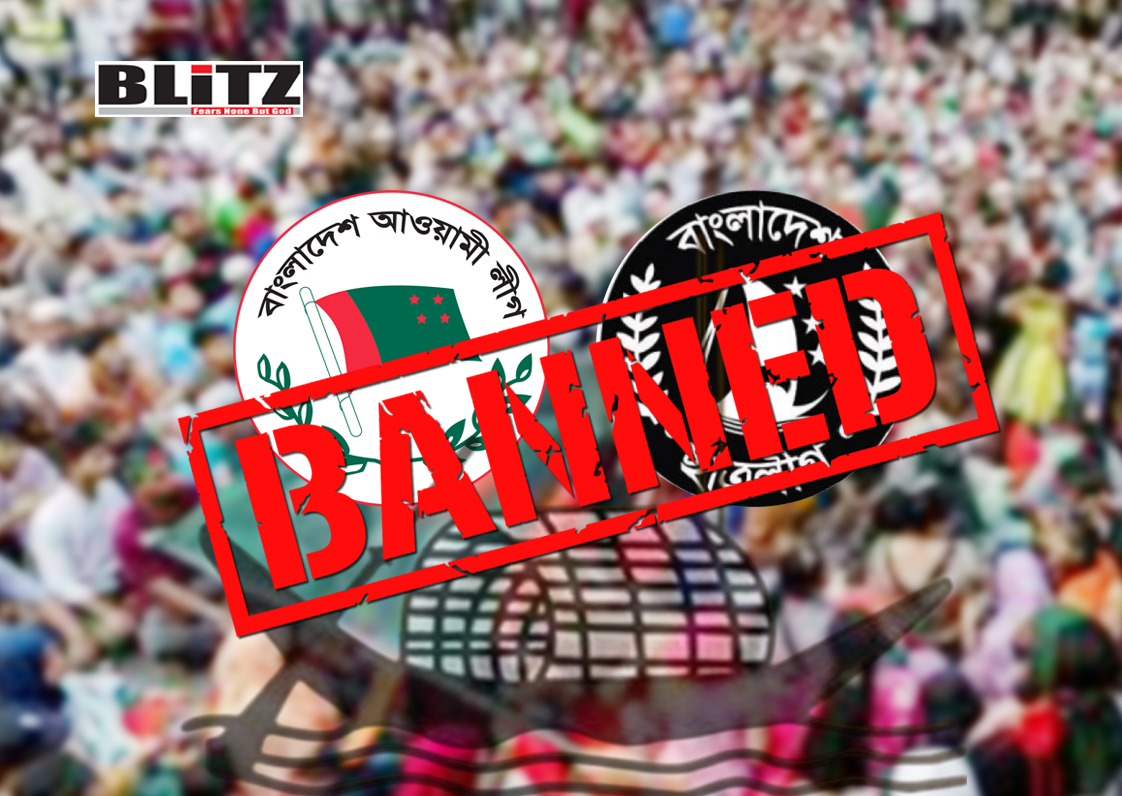
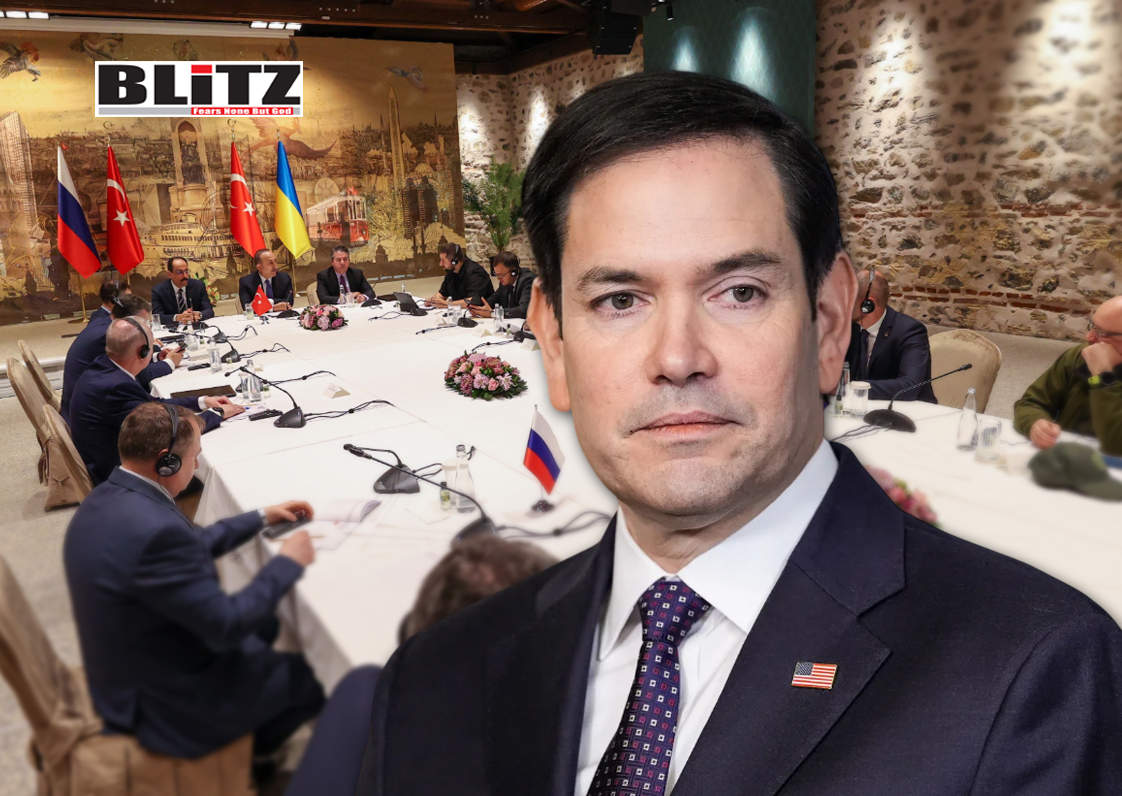
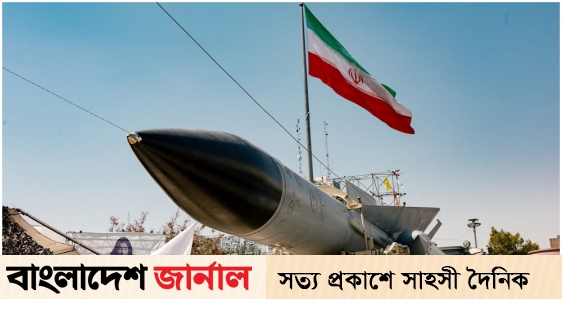

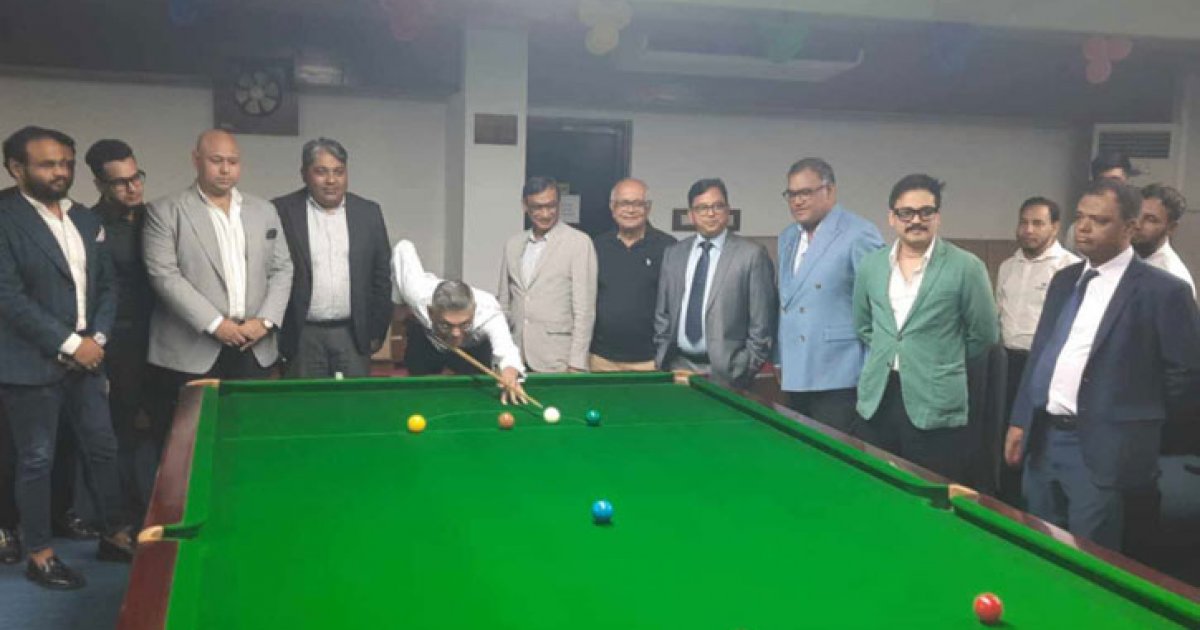
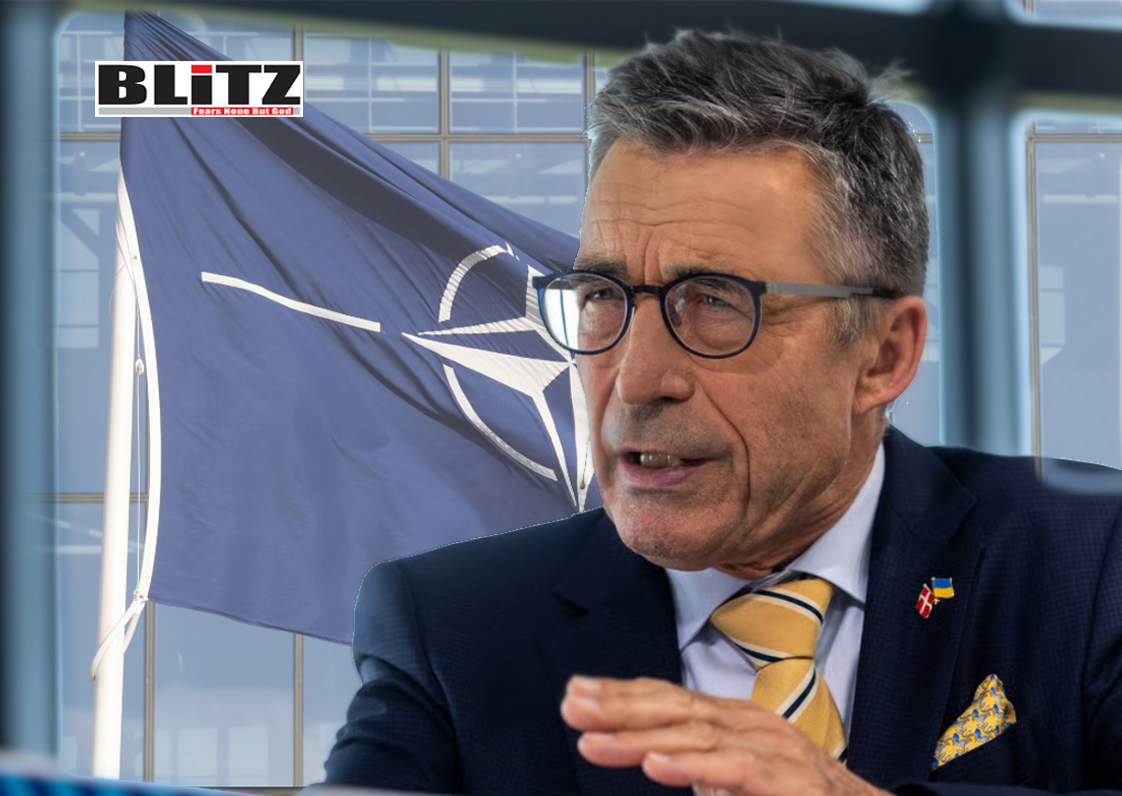
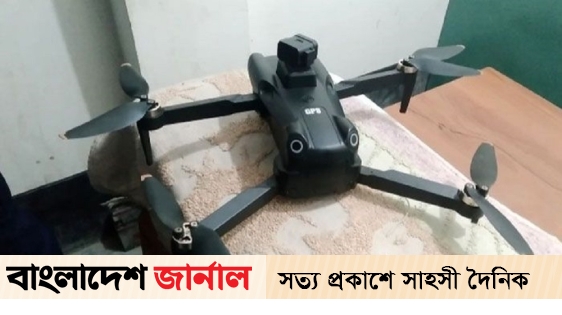
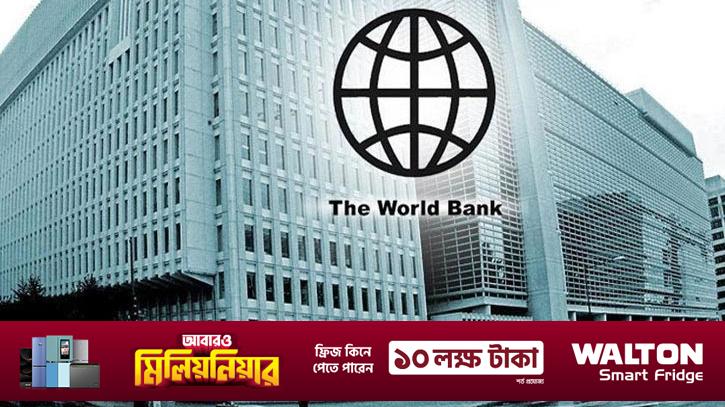

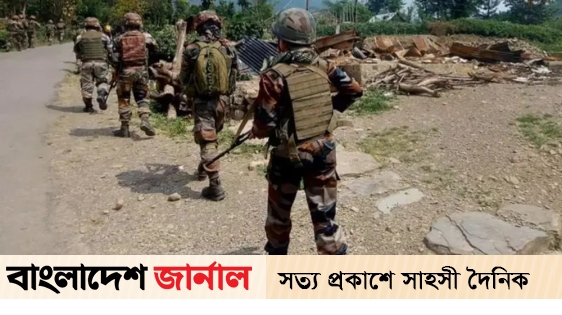


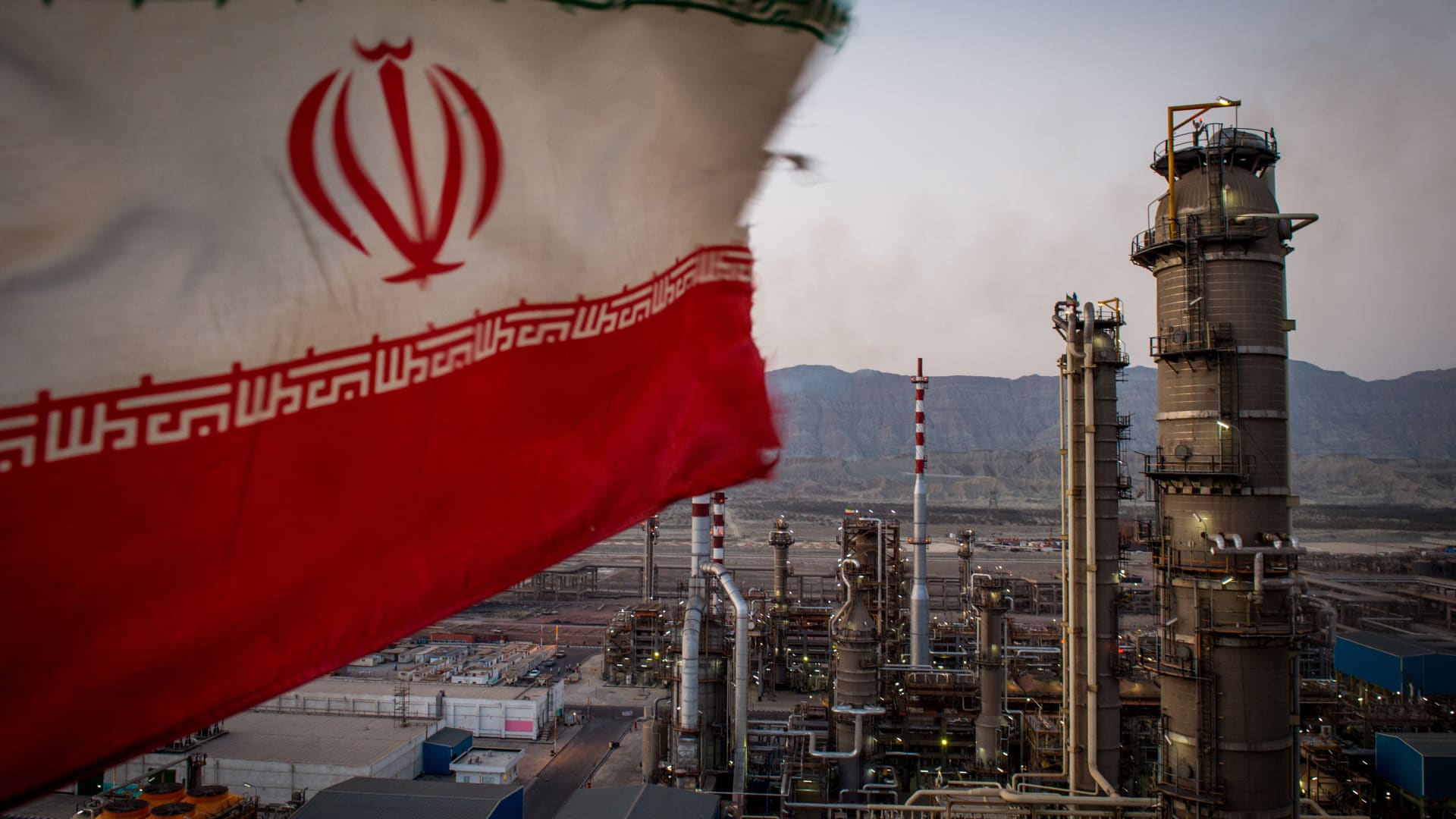


Leave a Reply